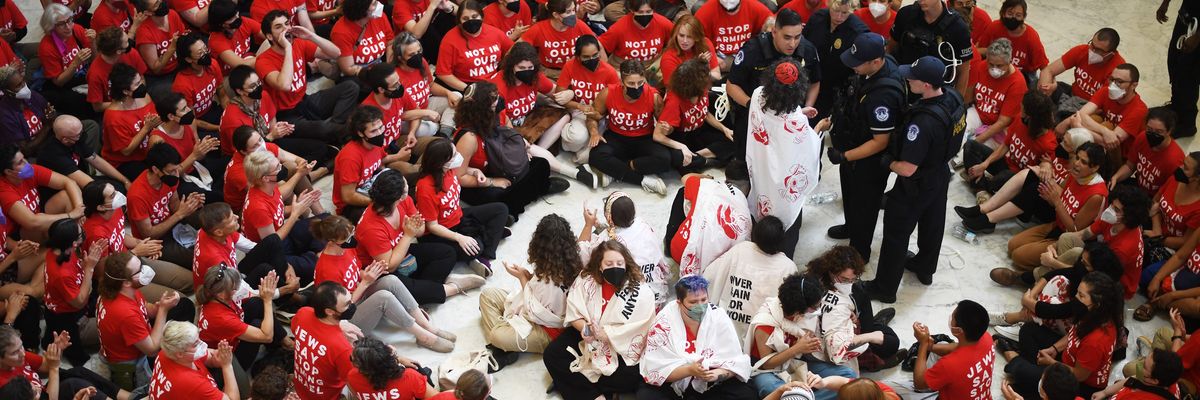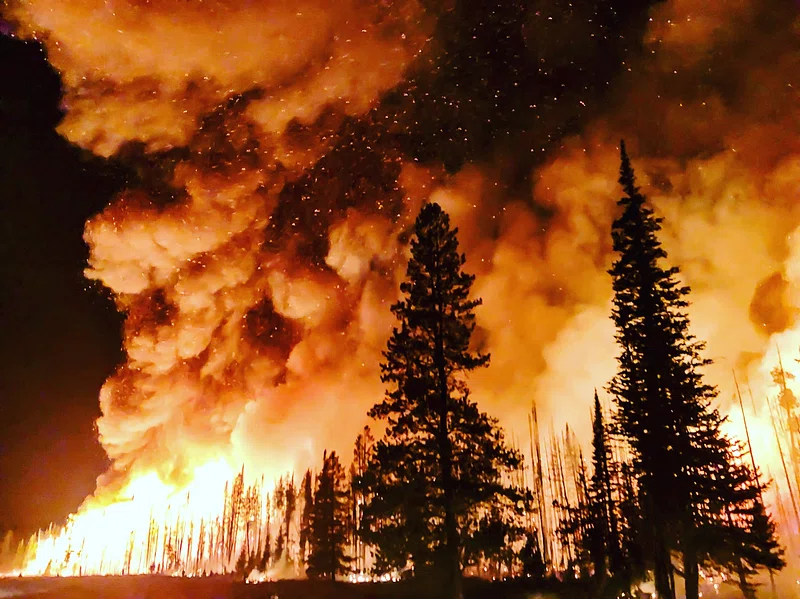What’s behind the Israeli war on UNRWA?
https://morningstaronline.co.uk/article/what’s-behind-israeli-war-unrwa

RAMZY BAROUD exposes the systematic targeting of UN facilities in Gaza, explaining how this is part of a broader strategy of erasing Palestinian refugee rights and history while blocking international aid
…
Israel does not attempt to mask or justify its attacks on the organisation as it did during previous Gaza wars. This time around, the Israeli war was accompanied, from the very start, with the outlandish accusation that UNRWA members had participated in the October 7 assault by Hamas and other Palestinian groups.
Without providing any evidence, Tel Aviv launched an international campaign of vilification against the UN organisation which has, for decades, provided educational, medical and humanitarian services to millions of Palestinian refugees.
Sadly, and tellingly, some Western, and even non-Western governments, answered the Israeli call of punishing UNRWA by withholding badly needed funds, the urgency of which did not only stem from the direct impact of the Israeli war, but the acute famine resulting from the war, as well.
…
Jared Kushner, Trump’s former adviser on the Middle East, said in January 2018 that it was “important to have an honest and sincere effort to disrupt UNRWA.” For him, the dismantlement of the organisation meant the dismissal of the right of return for Palestinian refugees.
Indeed, the issue is not just about UNRWA, but rather the historic role the organisation has served as a reminder of the plight of millions of Palestinian refugees in occupied Palestine, the Middle East and across the world.
UNRWA was established through general assembly resolution 302 (IV) of December 8 1949. The founding of UNRWA came one year after the passing of UN resolution 194, which granted Palestinian refugees the right to “return to their homes.”
Although UNRWA’s mission has turned into a permanent mandate, since Palestinian refugees were not granted their right of return, the role of the organisation remained as critical as it was decades ago.
Since Kushner and others have failed to dismantle UNRWA, the Israeli government has taken advantage of its war on Gaza to achieve the exact purpose. In Israeli thinking, without UNRWA, the issue of Palestinian refugees would lose its main legal platform and would ultimately disappear.
This would give Israel the space and leverage to “resolve” the problem of the refugees in any way it finds fit, especially if it has the full backing of Washington.
Israel must not be allowed to dismantle UNRWA or to dismiss the generational struggle of Palestinian refugees, which is the core of the Palestinian fight for justice and freedom.
The international community must challenge Israel’s vilification of UNRWA and insist on the centrality of the right of return for Palestinian refugees. Without it, no real peace is possible.
Ramzy Baroud is a journalist, author and the editor of the Palestine Chronicle (www.palestinechronicle.com).
https://morningstaronline.co.uk/article/what’s-behind-israeli-war-unrwa


